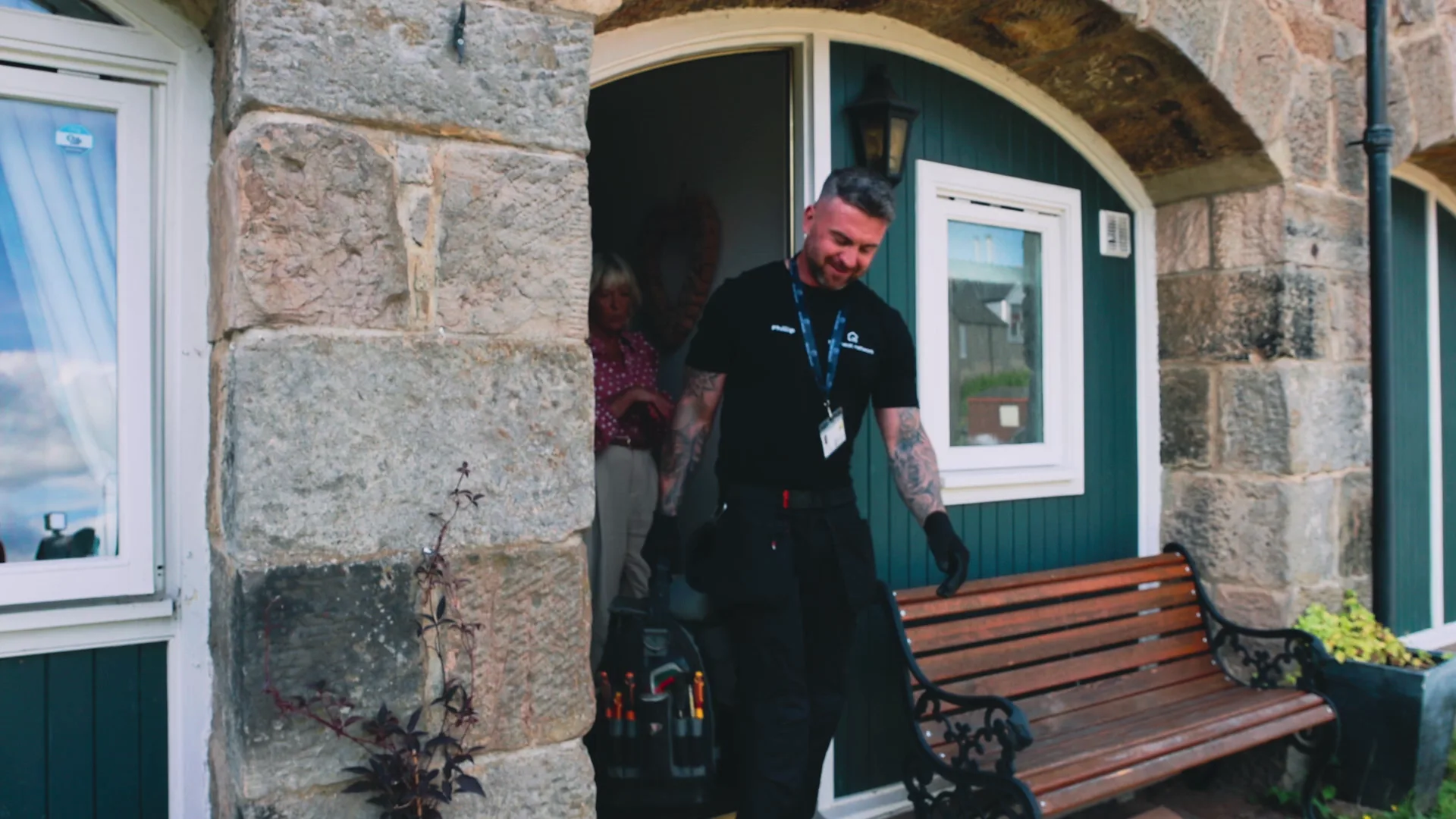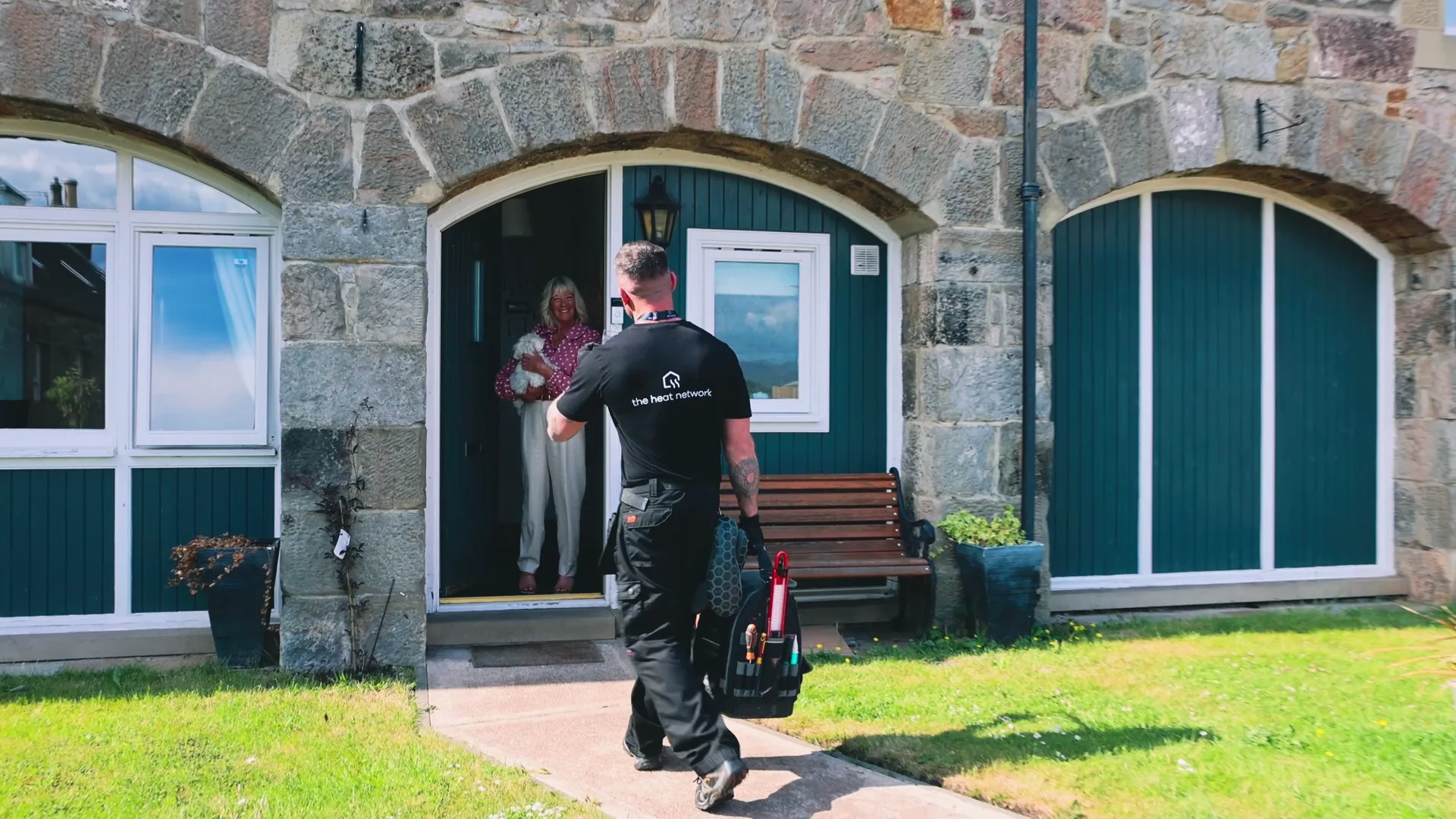
Why Is My Hot Water Not Working?
Picture this: it's a chilly morning, you're ready for a warm shower before heading to work, and suddenly you're hit with nothing but cold water. We've all been there.
Whether you're in Dunfermline, Kirkcaldy, or South Queensferry, boiler problems always seem to happen at the worst possible times.
Before you ring up a heating engineer in a panic, there are several things you can check yourself. We've helped hundreds of households across Fife & The Lothians sort their hot water woes, and often the solution is simpler than you might think.
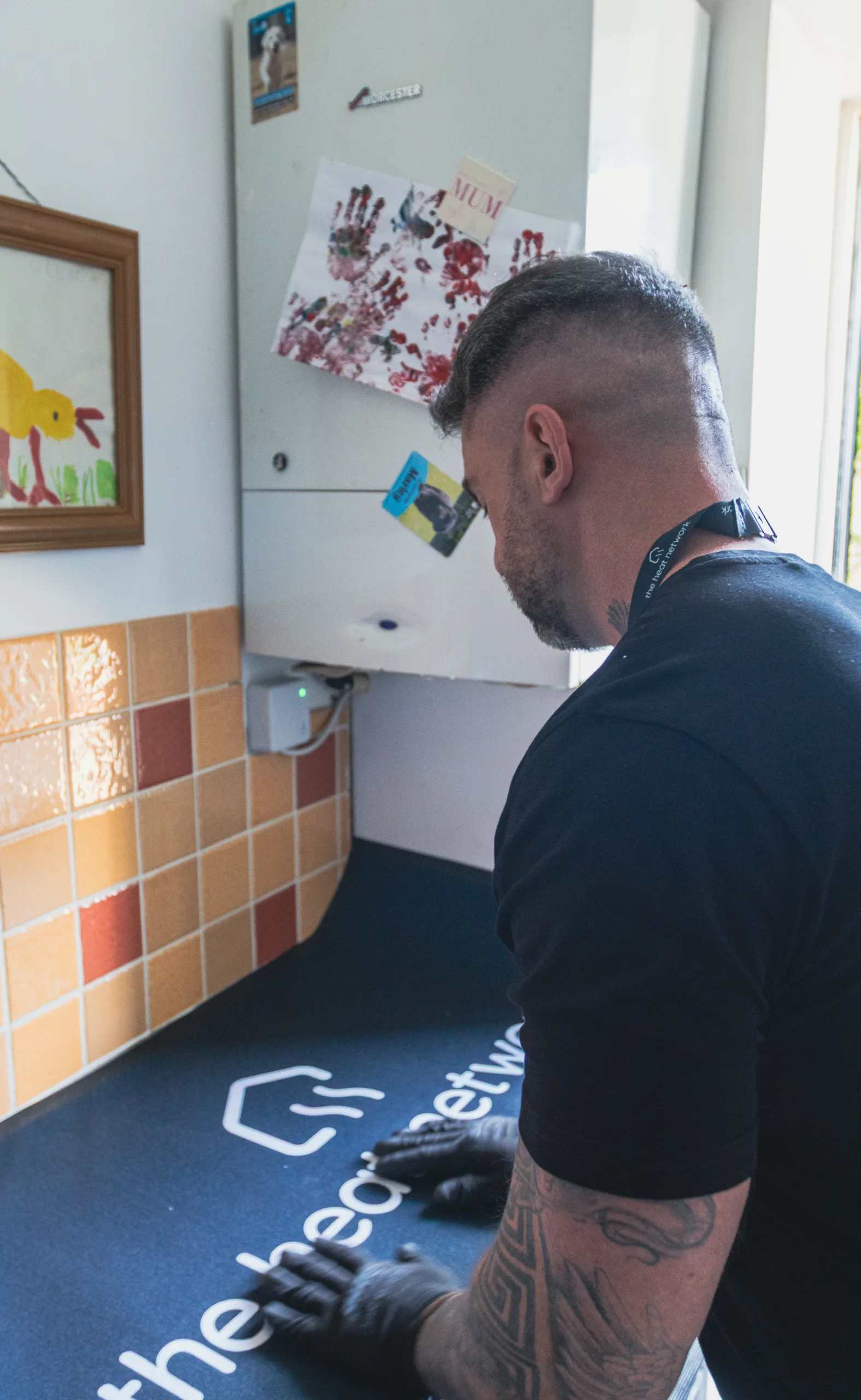
1. Check for Boiler Error Codes
Modern boilers are pretty clever. When something goes wrong, they'll usually display an error code to tell you exactly what the problem is.
Common error codes we see across local homes include:
Baxi: E118 (Low Pressure), E133 (Gas Supply Issue)
Vaillant: F75 (Pressure), F28 (Ignition/Gas Fault)
Worcester Bosch: EA (No Flame), E9 (Overheating)
Ideal: F1 (Low Pressure), L2 (Ignition Lockout)
If you see a code, search for your boiler model + the code online, or check our guide.
2. Check the Boiler Pressure
Low boiler pressure is the #1 reason we get called out to homes across the region. Your boiler needs the right pressure (approx 1.0 - 1.5 bar) to push hot water through the system.
How to check:
- Look for the pressure gauge on the front of your boiler (dial or digital).
- The needle should sit between 1 and 1.5 bar when cold.
- If it's below 1 bar, you need to top it up using the filling loop.
Topping Up:
Use the filling loop (flexible silver hose or key) underneath the boiler. Open the valves slowly until pressure reaches 1.2 bar, then close tightly.
Important: If pressure keeps dropping, you may have a leak. Check radiators for damp patches.
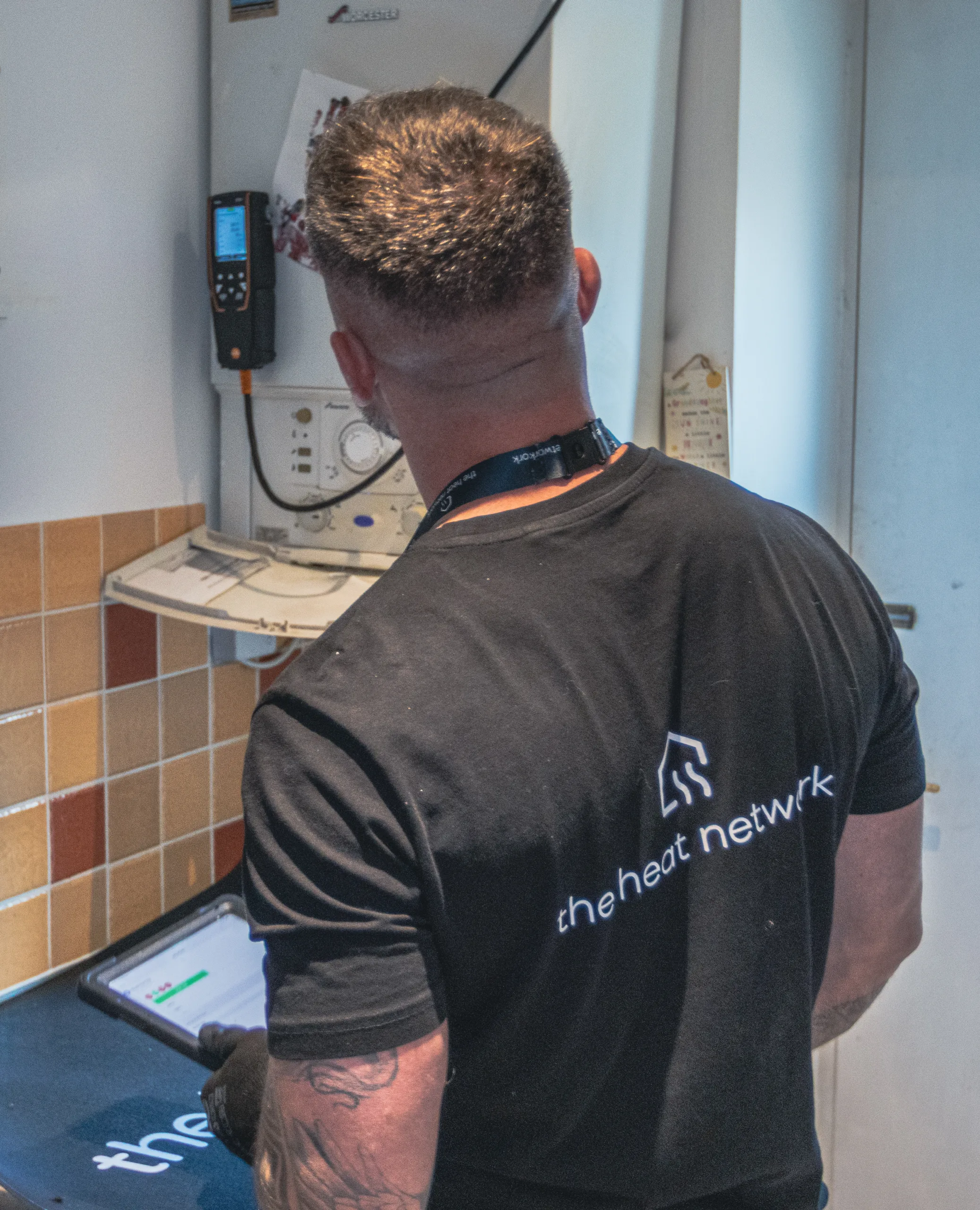

3. Is the Gas Supply Working?
No gas means no hot water. Before assuming the boiler is broken, check if gas is actually reaching your home.
- Test your gas hob or gas fire. Do they light?
- Check your pre-payment meter (if you have one).
- Has the emergency lever at the meter been knocked off?
⚠️ Smell Gas? Don't touch switches. Open windows. Turn off the gas at the meter. Call the National Gas Emergency Service immediately on 0800 111 999.
4. Check Your Controls
Sometimes the boiler is fine, but it hasn't been told to come on! Power cuts or daylight savings changes can reset older timers.
Check these settings:
- Is the Hot Water channel actually switched on?
- Is the cylinder thermostat set high enough? (Should be approx 60°C).
- If you have a Hive/Nest, check the app isn't in "Holiday Mode."
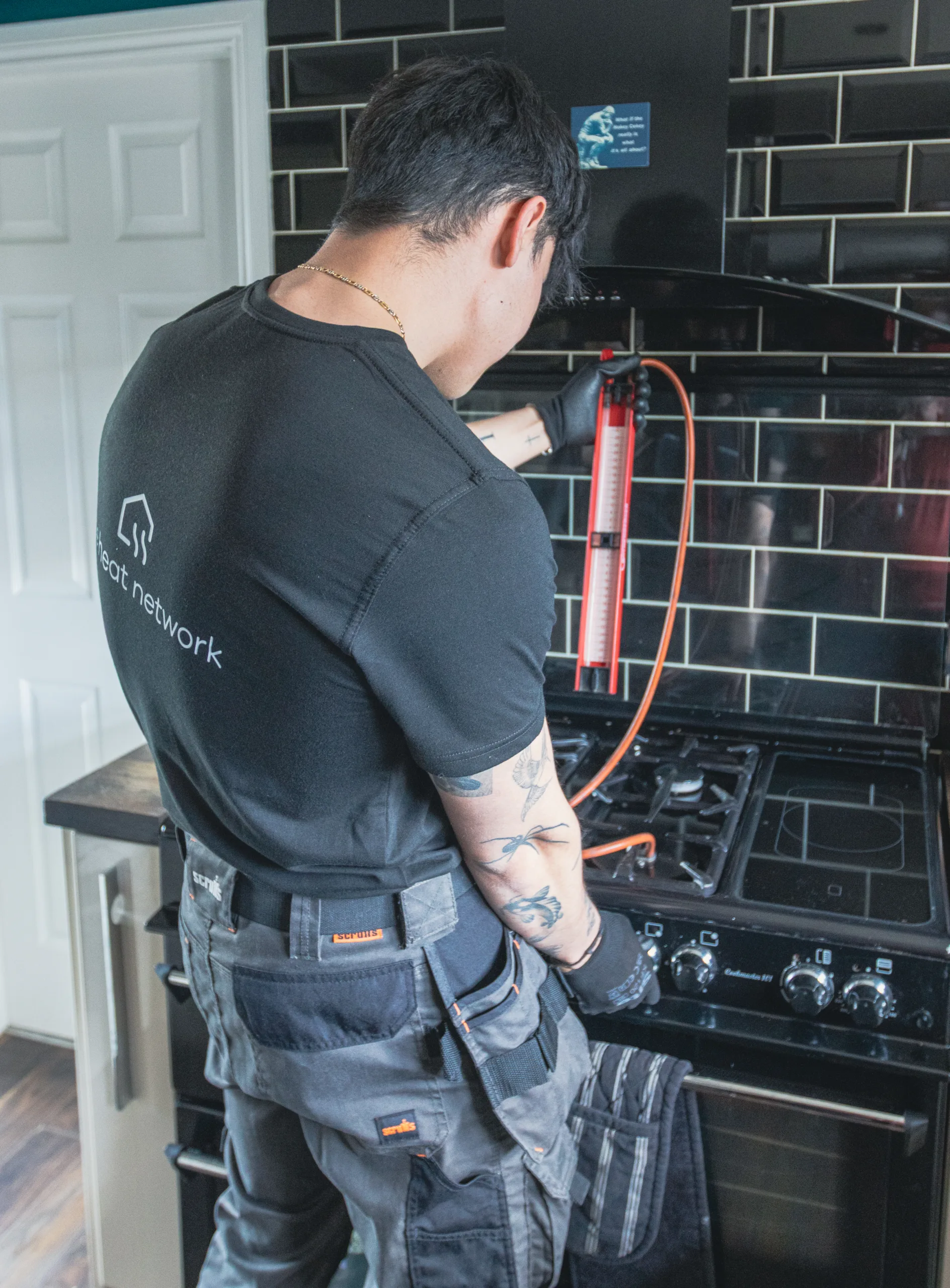
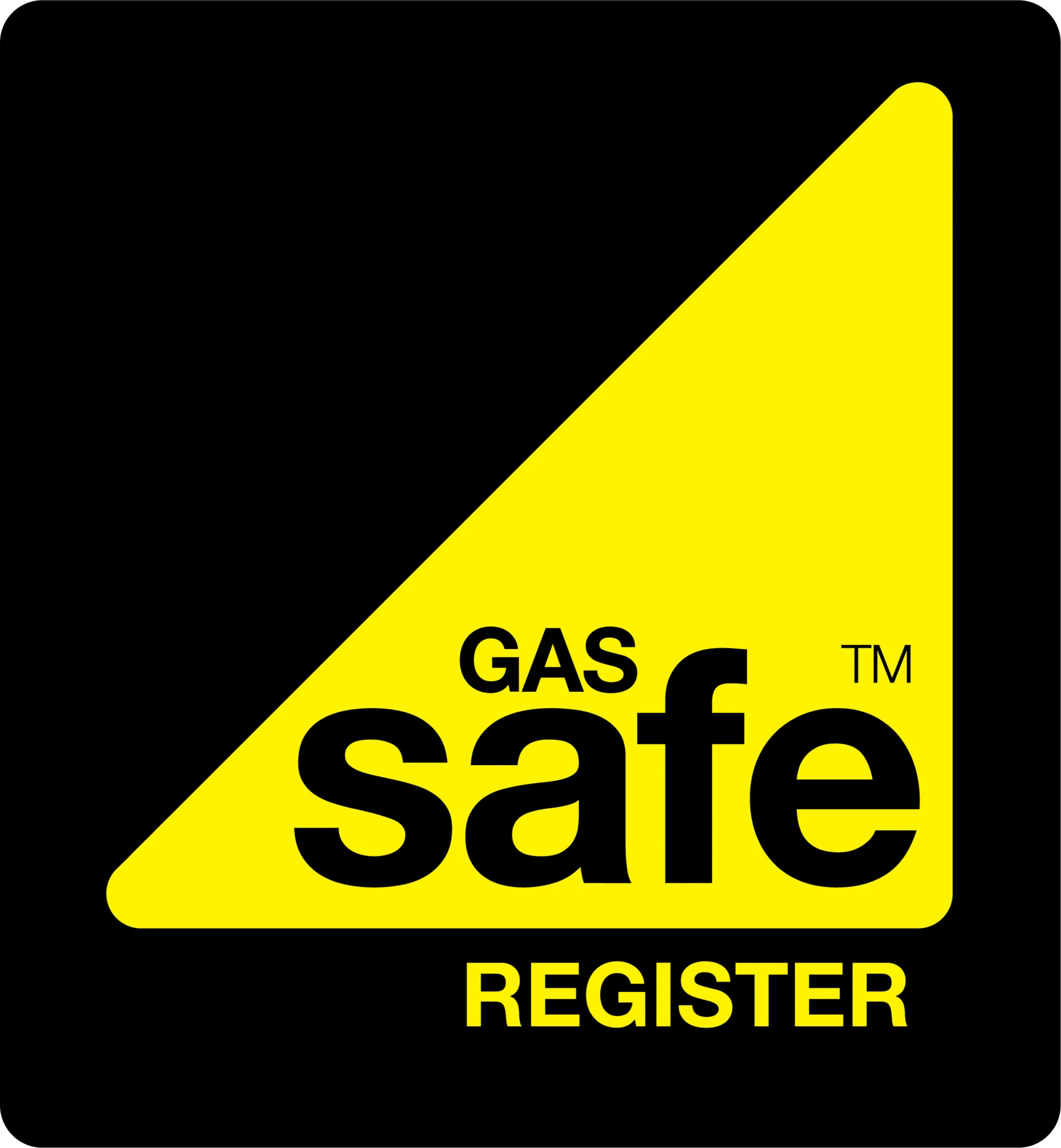
5. Try a Reset
Just like a computer, sometimes a boiler needs a reboot. Press and hold the Reset button for 5 seconds. If it fires up, great!
Warning: If it locks out again immediately, do not keep pressing reset. This can be dangerous. Call an engineer.
6. Frozen Condensate?
In freezing weather, the white plastic pipe outside can freeze blocked. Pour warm (not boiling) water over it to thaw it out, then reset the boiler.
Still No Hot Water?
If you've tried the basics and it's still not working, you likely have a faulty part (Diverter Valve, PCB, or Fan). These need a Gas Safe engineer to fix.
We are your local experts based in Dunfermline, serving the whole region. We carry parts for Worcester, Vaillant, and Ideal boilers to get you up and running fast.
Call 01383 660098 Book Repair Online